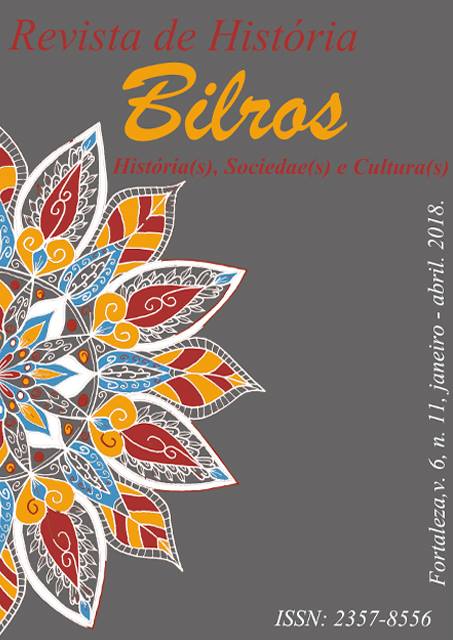O GAROTO E A QUESTÃO
REFLEXÕES SOBRE O PRECONCEITO LINGUÍSTICO EM UMA AULA DE HISTÓRIA
Palavras-chave:
Preconceito Linguístico, Ensino de História, Pedagogia dos MeiosResumo
“Professora, como eu faço para não falar assim feio que nem pobre e falar, assim, bonito que nem rico?” Esta questão partiu de um estudante do 8o ano do Ensino Fundamental em uma aula de História ministrada, em 2011, por mim e outros três colegas da graduação. O desconforto do garoto surgiu enquanto desempenhava o papel de ‘voz autorizada’ sobre a Segunda Guerra Mundial em um telejornal ‘futurístico’ desenvolvido pelos próprios estudantes, tarefa esta que delegamos a eles como forma de avaliar a compreensão daquele conteúdo. Este texto aborda as possibilidades de reflexão, despertar de consciência e empoderamento que os exercícios os quais simulam e estimulam o agir nos espaços públicos podem gerar nos estudantes durante as aulas de História. Também evidencia o modo pelo qual o preconceito linguístico pode criar barreiras entre os sujeitos e o conhecimento.
Publicado
Como Citar
Edição
Seção
Licença
Copyright (c) 2022 Thaís Cardozo Favarin

Este trabalho está licenciado sob uma licença Creative Commons Attribution-NonCommercial 4.0 International License.






